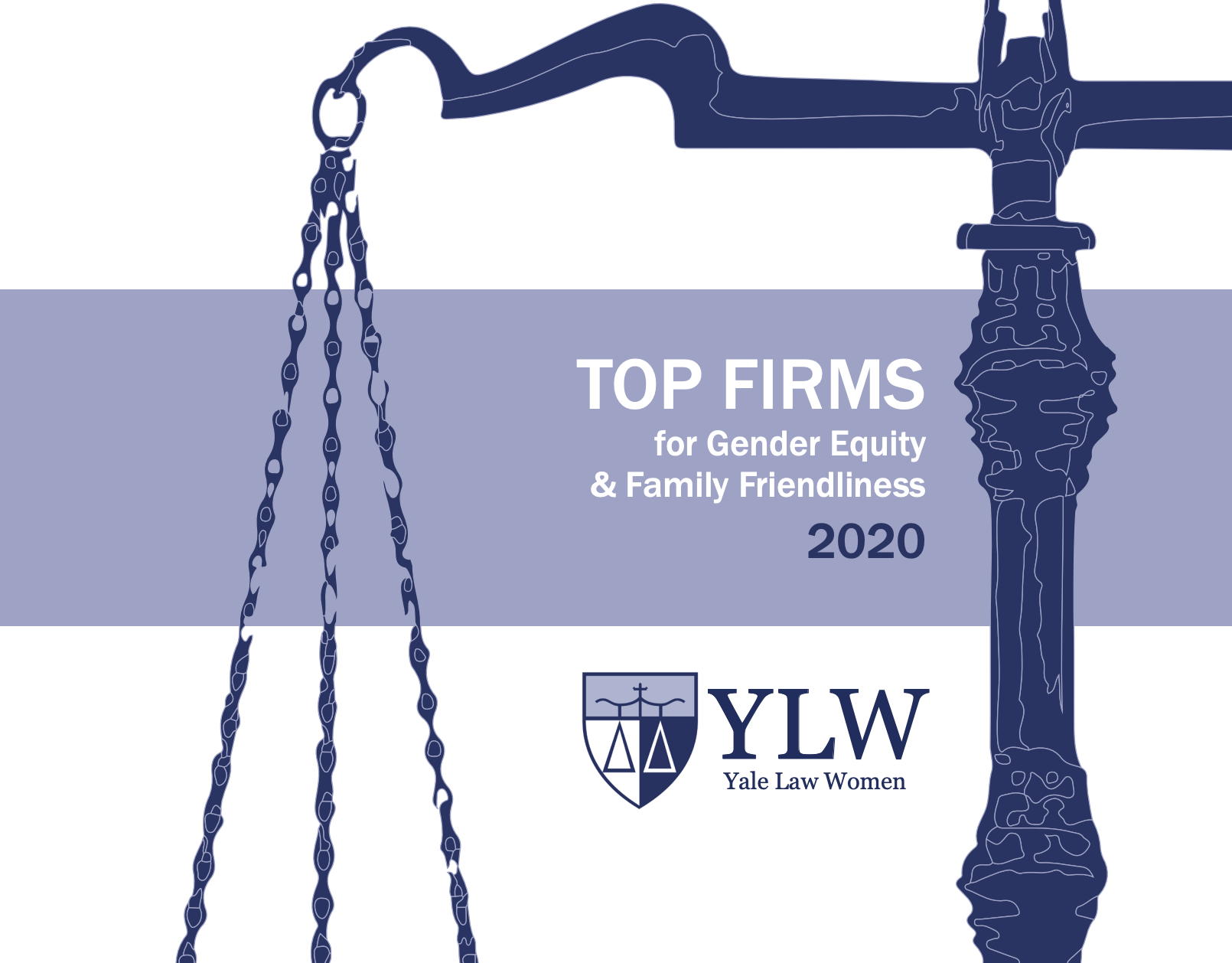Yale Law Woman Survey Asks Tough Questions. Is Your Firm Ready to Answer Them?
The Yale Law Women published their 2020 survey of Top Firms for Gender Equity and Family Friendliness in what is likely the most tumultuous spring law firms have seen in a very long time. In addition to the many challenges women lawyers already faced in protecting and advancing their careers (outlined in detailed statistics and survey responses included in the report), it is now clear that Covid-19 will disproportionately impact women, and women of color most of all — “both arising from and contributing to inequity in the workplace,” as the report so smartly points out. We are only beginning to understand how that will play out and what firms committed to equity will have to do to mitigate the detrimental effects. The only thing we know for sure is that firms must take action.
Imagining a different kind of future for women lawyers — and for the law firms who will benefit from their contributions — starts with answering the understandable concerns women recruits have about their own careers, both pre and post Covid. The YLW report provides graduating law students with a list of questions to ask firms who may be courting them for jobs, and law leaders would do well to think deeply about how they will answer them.
While HR professionals can provide straightforward information about firm policies and how they are implemented, legal marketers have a role to play in shaping these communications in ways that emphasize the firm’s values around diversity and inclusion and set the expectations of newly minted lawyers—and the more senior members of the firm who will work with them.
A few of the highlights:
How does your firm support the promotion of women and other diverse groups of people to partnership positions?
Many firms will be quick to point to their diversity initiatives and formal mentorship program, but what about things that really move the needle, such as reforms to origination credit practices and performance evaluations, or transparency regarding the distribution of work? If that conversation isn’t happening, how can you start it?
Is there gender parity on the firm’s Executive Committee, Compensation Committee, and/or Hiring Committee?
The answer to this is likely no at most firms, so the important thing is to focus on what you’re doing to get closer.
Do men at the firm take advantage of the firm’s work-life balance benefits, including leave?
What an excellent question for young lawyers to ask. It has become clear to leaders who care about normalizing work-life balance that until men take “parental” leave, women will continue to pay a professional price for doing so. How can you use internal messaging to influence the perspectives of men on this so that recruits will see your culture is different?
What accommodations has the firm made for employees and working parents during COVID-19?
This question may be the most important one for new lawyers beginning their careers. We don’t know what the future holds, but this pandemic is going to change the way law firms do business forever. The way firms treat their employees — lawyers and staff — during this time of crisis will set the tone for the difficult months and years ahead. Will the commitment to diversity and inclusion evaporate under the economic stress, or will firms hold true to their values and make the necessary changes to elevate women to positions of power?

